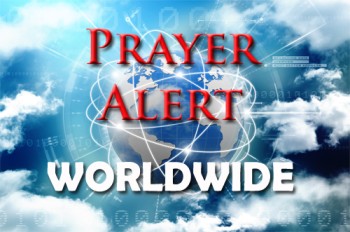Displaying items by tag: Comoros
Comoros: violence follows disputed election result
The announcement on 17 January that Azali Assoumani had been re-elected president of the Comoros resulted in numerous protests and clashes. Demonstrators in the capital, Moroni, vandalised a former minister's house and blocked roads during the day, leading to confrontations with police who used tear gas and made arrests. In the evening, the government imposed a night curfew, citing ‘public necessity’. Officials announced that Assoumani had won 62.97% of the vote, but opposition leaders alleged fraud, including ballot-stuffing and inconsistent results, and jointly demanded the annulment of the result. The UN called for restraint amid mounting post-election tensions and urged the authorities to ensure a safe environment for peaceful assembly and expression of views. The Comoros, a politically volatile three-island chain with a history of coups, experienced a surprisingly low voter turnout of 16%, and discrepancies in vote counts raised concerns about the election's regularity.
Comoros: Sunni Islam now the state religion
Sunni Islam was declared the state religion of Comoros in a referendum vote on constitutional reforms in the southeast African island. The amended constitution reads, ‘The state draws from this religion the principles and rules of Sunnite observance.’ Many believe this will have an impact on the country’s small Christian minority. Things are already very hard for indigenous Christians and this kind of specification is expected to make things even harder for them. The referendum was initiated by President Azali Assoumani and gives him the right to run for another presidential term. Previously power rotated between Comoros’ three islands every five years. In April, Assoumani suspended the constitutional court over ‘incompetence’ which observers saw as an attempt to diminish the rule of law in the country. Open Doors says, ‘In mosques and madrassas Muslim religious leaders teach anti-Christian sentiments and government officials obligate parents to send their children to madrassas.’

